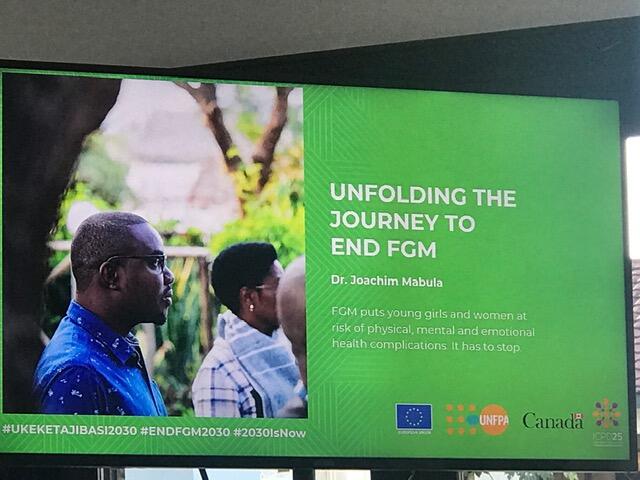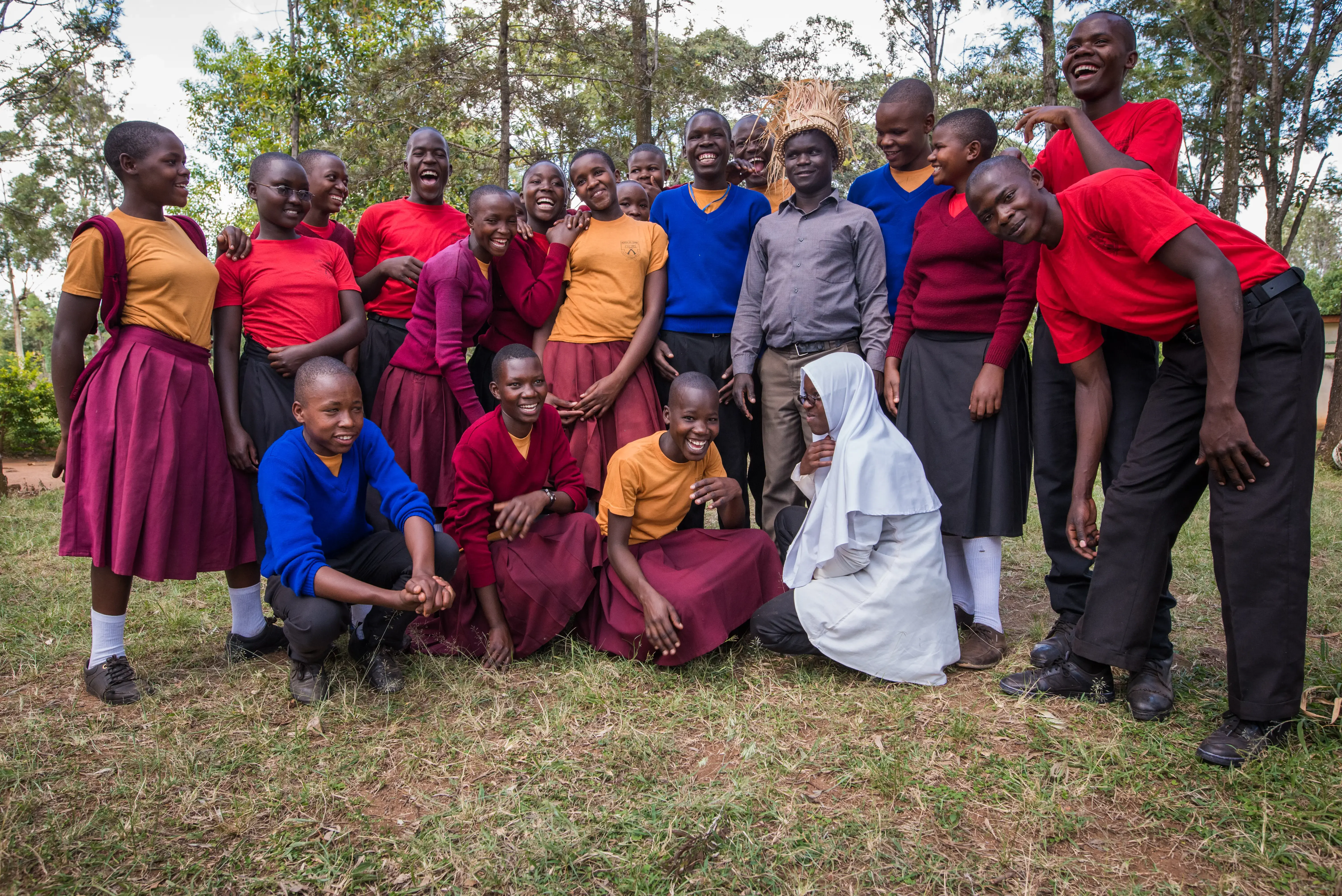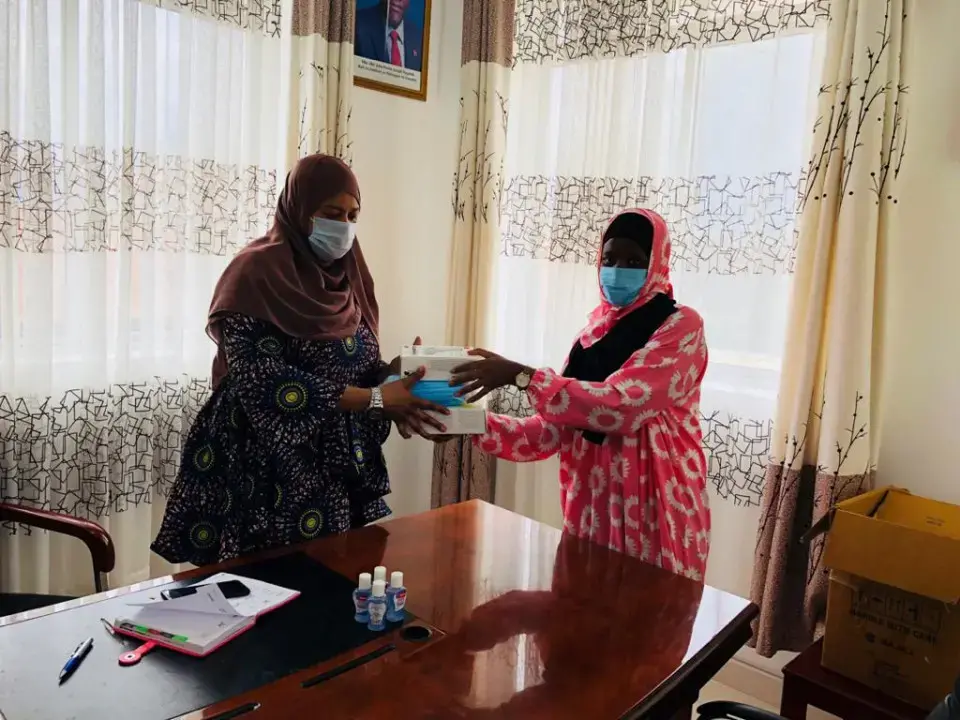In Africa there is a saying: “If you want to go fast, go alone, if you want to go far, go together”. This reflects the collaborative and diverse approach in Tanzania to accelerate efforts to end female genital mutilation (FGM) by 2030. And the approach is beginning to yield results. More families are choosing to uphold the rights of their daughters not to be cut; more girls are attending alternative rites of passage programmes; increasing numbers of attempted FGM cases are being reported to the police by girls and family members; and the National Child Helpline is responding to more calls from girls seeking protection from FGM.
The commitment and efforts of government agencies – the Tanzania Police Force's Gender and Children’s Desks – organizations and individuals who work so tirelessly to ensure that no girl in Tanzania lives in fear of FGM were celebrated on 28 August at an evening organized by the United Nations Sexual and Reproductive Health Agency (UNFPA), the Delegation of the European Union to Tanzania (EU) and East African Community (EAC), and the Canadian High Commission. Awards were given to both individuals and organizations – all on the frontline of efforts to eliminate FGM – from five regions in Tanzania with a high FGM prevalence – Arusha, Dodoma, Mara, Manyara and Shinyanga – as well as an organization working with a Dar es Salaam-based FGM practicing community.
Individuals and organizations recognized included Hope for Girls and Women and the Association for the Termination of FGM, Mara Region, who in collaboration with the Police and Women and Children Protection Committee, led by Social Welfare Officers, protected 801 girls from FGM in 2018. Happy Miyeye, a Police Officer from Simanjiro District, Manyara, was also the recipient of an award. She has saved 82 girls from FGM since 2013. Sijali Hamisi Nyabuche, also a Police Officer from the Gender and Children's Desk, Serengeti District, Mara Region, was commended for her dedicated efforts to end harmful practices against girls. ESTL, Singida, picked up an award for their work with 27 nagribas (cutters) who have laid down their tools. While AFNET in Dodoma was acknowledged for its collaboration with health personnel and its initiative to use Reproductive and Child Health clinics as an entry point for ending FGM interventions.
The evening also marked the culmination of UNFPA and the EU’s social media campaign #UkeketajiBasi2030 – #EndFGM2030, which saw five young Tanzanian influencers set out on individual journeys to Arusha, Dodoma, Mara, Manyara, Shinyanga and Dar es Salaam to document and share the voices of FGM survivors and champions; the tragedies and victories; and the FGM myths and facts.
UNFPA Tanzania, in partnership with the EU and Canada, continues to collaborate with like-minded organizations to identify and implement effective solutions to end FGM and to create a space for increased partnership and dialogue between government and civil society.
Jacqueline Mahon, UNFPA Representative in Tanzania, called on partners to step up efforts to end FGM in Tanzania on the journey towards the Nairobi Summit on ICPD25 in November and beyond, and to capitalize on momentum to make UNFPA’s three zeros – zero unmet need for family planning, zero preventable maternal death and zero gender-based violence and harmful practices – a reality for all girls in Tanzania, delivering on all that they were promised at the International Conference on Population and Development in Cairo 25 years ago.





